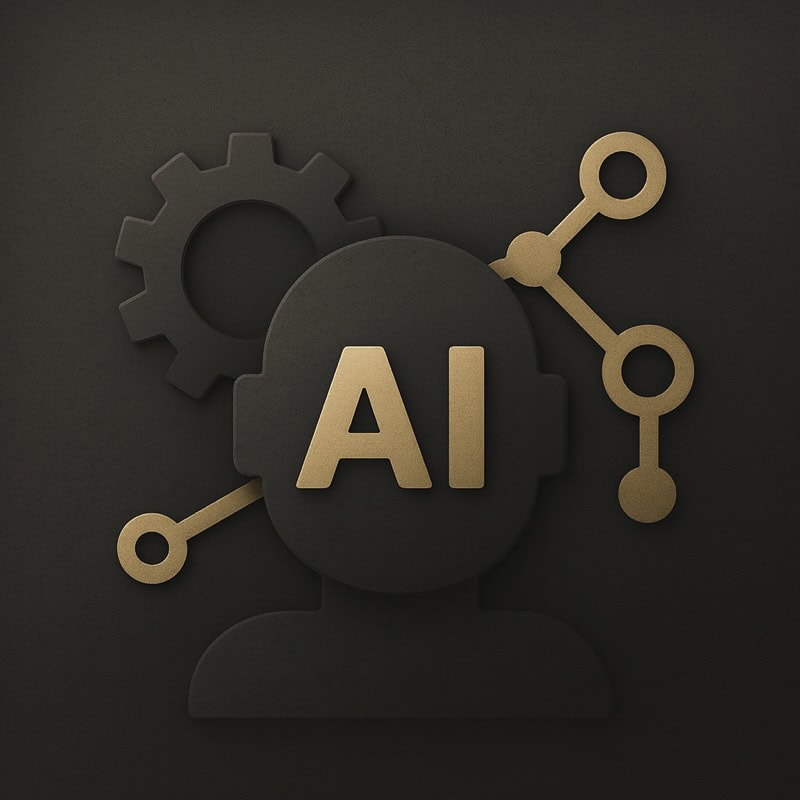-
Table of Contents
How Will AI Affect Your Business Website
Artificial Intelligence (AI) has become a buzzword in recent years, and its impact on various industries is undeniable. One area where AI is set to revolutionize is business websites. With advancements in machine learning and natural language processing, AI can enhance user experience, improve customer service, and drive business growth. In this article, we will explore the ways AI will affect your business website and the benefits it can bring.
1. Personalized User Experience
AI can analyze user behavior, preferences, and past interactions to provide a personalized experience on your website. By leveraging AI algorithms, you can offer tailored recommendations, content, and product suggestions to individual users. This level of personalization can significantly improve user engagement and conversion rates.
For example, Amazon uses AI algorithms to analyze customer browsing and purchase history to provide personalized product recommendations. This approach has been highly successful, with reports suggesting that personalized recommendations account for up to 35% of Amazon’s revenue.
2. Chatbots for Customer Support
AI-powered chatbots are becoming increasingly popular for customer support on business websites. These chatbots can handle customer queries, provide instant responses, and even assist with transactions. By integrating chatbots into your website, you can provide 24/7 customer support without the need for human intervention.
According to a study by Gartner, by 2022, 70% of customer interactions will involve emerging technologies such as chatbots. This highlights the growing importance of AI-powered chatbots in delivering efficient and cost-effective customer support.
3. Enhanced Search Capabilities
AI can significantly improve the search capabilities of your business website. Traditional keyword-based search engines often struggle to understand user intent and deliver relevant results. However, AI-powered search engines can utilize natural language processing and machine learning algorithms to understand user queries and provide accurate results.
For instance, Google’s RankBrain algorithm uses AI to interpret complex search queries and deliver more relevant search results. This has led to a significant improvement in user satisfaction and search accuracy.
4. Improved Website Security
AI can play a crucial role in enhancing website security by identifying and mitigating potential threats. AI algorithms can analyze patterns, detect anomalies, and identify potential security breaches in real-time. By leveraging AI-powered security systems, you can protect your website and customer data from cyberattacks.
For example, PayPal uses AI algorithms to analyze user behavior and detect fraudulent activities. This has helped them reduce fraud rates and enhance the overall security of their platform.
5. Data Analytics and Insights
AI can analyze vast amounts of data generated by your website and provide valuable insights for business decision-making. By leveraging AI-powered analytics tools, you can gain a deeper understanding of user behavior, preferences, and trends. This information can help you optimize your website, marketing strategies, and product offerings.
Netflix is a prime example of a company that leverages AI for data analytics. By analyzing user viewing patterns and preferences, Netflix can recommend personalized content to its users, leading to increased user engagement and retention.
Conclusion
AI is set to revolutionize business websites by providing personalized user experiences, efficient customer support through chatbots, enhanced search capabilities, improved website security, and valuable data analytics. By embracing AI technologies, businesses can stay ahead of the competition and deliver exceptional user experiences. As AI continues to evolve, it is crucial for businesses to adapt and leverage its potential to drive growth and success.


